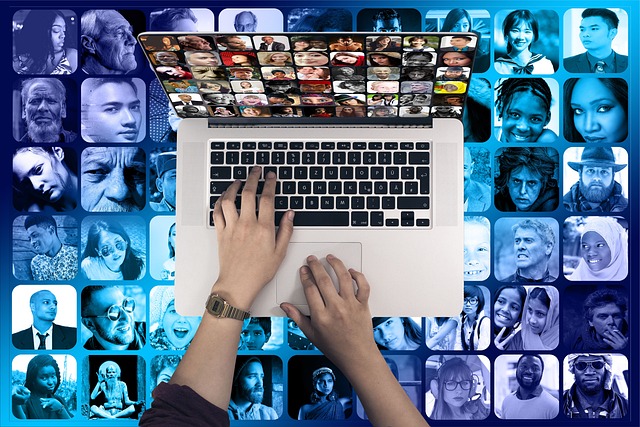I’m a big Louis CK fan and a supporter of his embracing technology to go direct to consumer (he previously made over $1 million in sales in just 12 days with a DRM-free download of his special).
So it was interesting to get more insight into what Louis is doing in a recent NY Times interview. The whole thing is worth a read, but this question about direct selling tickets to his fans stood out [emphasis mine]:
Q. You’ve spent the last several months on a tour where you sold tickets only through your Web site. How did that go?
A. Boy, did that work. It was so satisfying to get that done. The special, I didn’t need to do anything. I just made it and offered it. But the tickets were really tricky. The big ticket companies make exclusive arrangements with these rooms. They pay them just to not work with others. So if a company gives you 30 grand a year to stay away from anybody else, you need it. We didn’t attack their territory. We just went to places that they didn’t care about.
It’s interesting to hear directly from an artist a tactic the large ticket companies are using to try and maintain their legacy monopoly on something as simple as ticket sales. Really, the middlemen shouldn’t exist anymore in this market. With the current technology easily available, it’s ripe for disruption (also, please find me someone who loves paying arbitrary “service fees” for tickets to an event).
Naturally the ticketing companies are infuriated by this, which is of course of how disruption works. So it’s sad, but not surprising to hear in Louis’ comment that the large ticketing companies (still) pay venues for exclusivity in order to extract as much money as possible from fans.
But it’s great to see artists realizing they can take their own path here and free themselves from working with those they dislike while making things better for their fans. Hopefully we see more high quality artists like Louis embracing this. It sets a great precedent for the future and actually will, long term, benefit artists of all sizes.
Digital is removing power from legacy gatekeepers of the physical world who previously supported a limited number of artists. And it’s understandable. It was (and still is) easier for entertainment companies to manage, market and build up less artists with more generic appeal. But a future that’s emerging is one where the market will be able to choose, and niches of all varieties will be able to thrive. Sure, we’ll still have “hits” but I think the point is there will be a meatier middle as well. And that’s a good thing, as far too long our mass entertainment market has only supported the few (when in reality many are talented).
